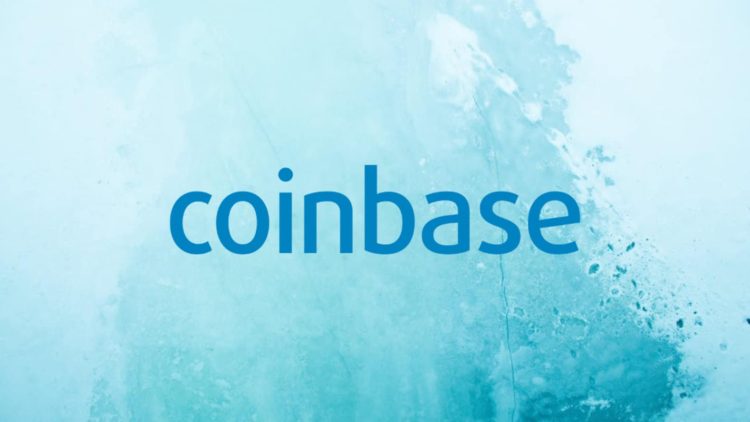After months of speculation about its imminent IPO, San Francisco-based crypto exchange Coinbase announced today that it will opt for a direct listing instead. This will make IPO a unique entity in the crypto market which is both regulated and publicly listed.
Announcing its plans
Coinbase announced its plans to the public via a blog post in which it clarified that it wouldn’t go for an IPO. It wrote,
“Coinbase Global, Inc. today announced its intent to become a publicly-traded company pursuant to a proposed direct listing of its Class A common stock. Such proposed listing is expected to be pursuant to a registration statement on Form S-1 with the Securities and Exchange Commission (the “SEC”).”
Coinbase began in 2012 as a cryptocurrency exchange. It has since extended its offering to both retail and institutional trading and started providing custodial services as well. The company has raised $540 million to date. It has focused extensively on listing only selected assets and launching in jurisdictions with adequate regulations.

What does a direct listing mean?
A direct listing helps a company go public without creating new shares. In an IPO, new shares are created which are then floated in the market. However, direct listings happen with the existing shares only. The reason behind the company’s choice is not clear but firms usually go for a direct listing when liquidity is not a problem and they have strong market demand. This also releases lockup periods for early investors and they can sell their shares immediately.
The company said that it has a submitted a draft Form S-1 with the US Securities and Exchange Commission (SEC) in December. At the time, the cryptoanalysis firm Messari valued the crypto exchange giant at $28 billion. If approved, Coinbase will become the first publicly traded crypto exchange.
Roblox also opted for a direct listing recently, in what seems to be an ongoing trend after several hyped IPOs opened with a pop but eventually subsided.
Remember, all trading carries risk. Past performance is no guarantee of future results.
Credit: Source link












































































































































